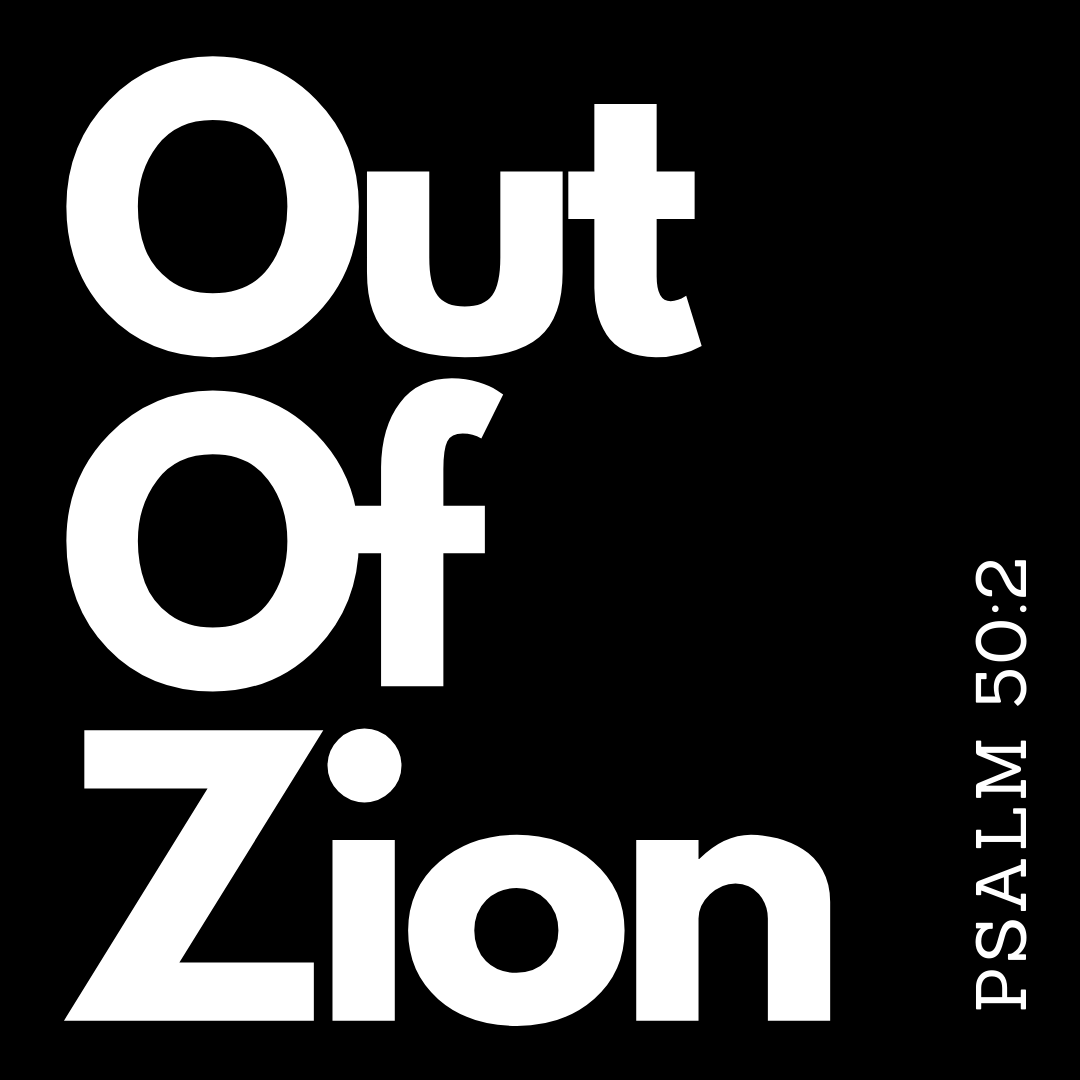This article explores what the book of Ecclesiastes has to say about the education we receive today.
Continue to listen or read this article below.
What profit hath a man of all his labour which he taketh under the sun? Ecclesiastes 1:3 KJV
Most scholars agree that the book of Ecclesiastes was written by King Solomon, one of the wisest, richest, most powerful men to have walked the earth.
The word Ecclesiastes actually means “the preacher”. The first verse of the book tells us that he was the son of David and a king in Jerusalem.
Rooted in the Hebrew word “Koheleth” it is the title given to an official speaker who calls an assembly. The Greek word for “assembly” is ekklesia, hence the English title of the book is Ecclesiastes.
The word “Koheleth” carries with it the idea of debating rather than just speaking and implies that in an environment of political discourse we should reflect upon the meaning of life.
Unlike other books in the Bible, Ecclesiastes focuses on one man's quest to find meaning using the limits of human reasoning. We can draw this conclusion from the preacher's words.
“Vanity of vanities,” says the Preacher; “Vanity of vanities, all is vanity.” What profit has a man from all his labour In which he toils under the sun? Ecclesiastes 1:2-3
To answer the question the preacher takes us on his own lifelong educational journey describing his in-depth experiences along the way. He begins by observing the cycles of life, birth, work, aging and death, experienced by all.
He then explains to us how he endeavored to find some satisfaction from these cycles, by filling them with earthly pursuits and exploits to enrich his life. He reflects on the futility and dissatisfaction of fleeting accomplishments, recognition and wealth.
He also observes the injustice of life, manifest in the inequality of society. The treatment of the poor, crooked politics, corrupt leaders, materialism and crime which collectively impact our pursuit of happiness.
Over 38 times the preacher uses the word “vanity” to emphasize the futility and meaningless of human goals, as ends in themselves apart from God.
As a result, he finally laments the time spent on pursuits which he cannot take with him beyond the grave stating all is vanity and vexation of spirit.
So what has this got to do with education, mastery, and misery you ask?
Well! In a postmodern society driven by capitalism and consumerism, this book aptly responds to the age we live in.
An era where big data is the new 'gold' for global companies to mine and trade in. Where every little piece of information, is linked together to accumulate a value of our digital self. Where the social value of a citizen comes down to the number of likes and shares they receive.
Now although there are benefits for living in an information era, there are also just as many dangers. Some of these dangers I see in the type and quality of the education we are passing on to our children.
A danger which the preacher points out by asking us to access whether the value of what we desire is less than how much we are actually worth. If so then it presupposes that there is something of greater value to be found which is inherent and reciprocates greater wealth.
An education which brings with it a mastery without misery satisfying the soul. The preacher alludes to this in his final words when he states;
My son, be admonished by these. Of making many books there is no end, and much study is wearisome to the flesh.
Let us hear the conclusion of the whole matter: Fear God and keep His commandments, For this is man’s all. For God will bring every work into judgment, Including every secret thing, Whether good or evil.
Rather than leaving us in despair to continue desperately pursuing an elusive dream of happiness, the preacher encourages us to engage in a process of mastery which leads to godliness and contentment.
Fellow citizen, which form of education will you choose?
For King and for country...


